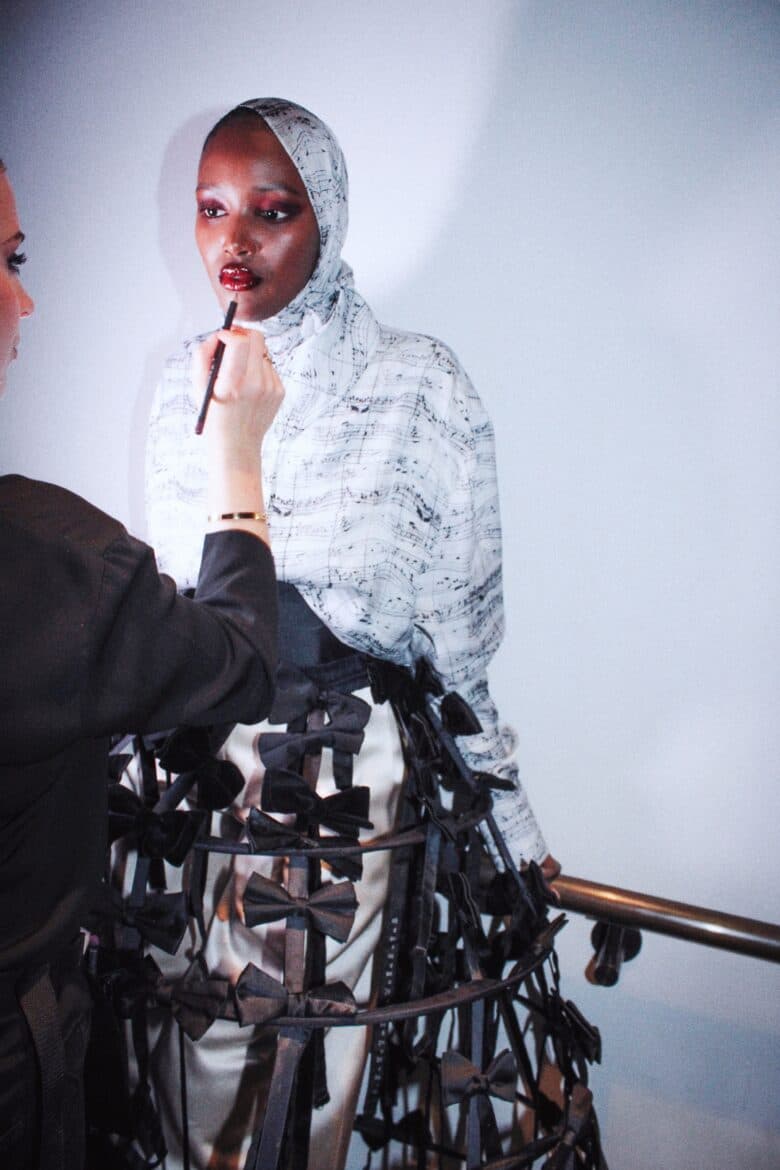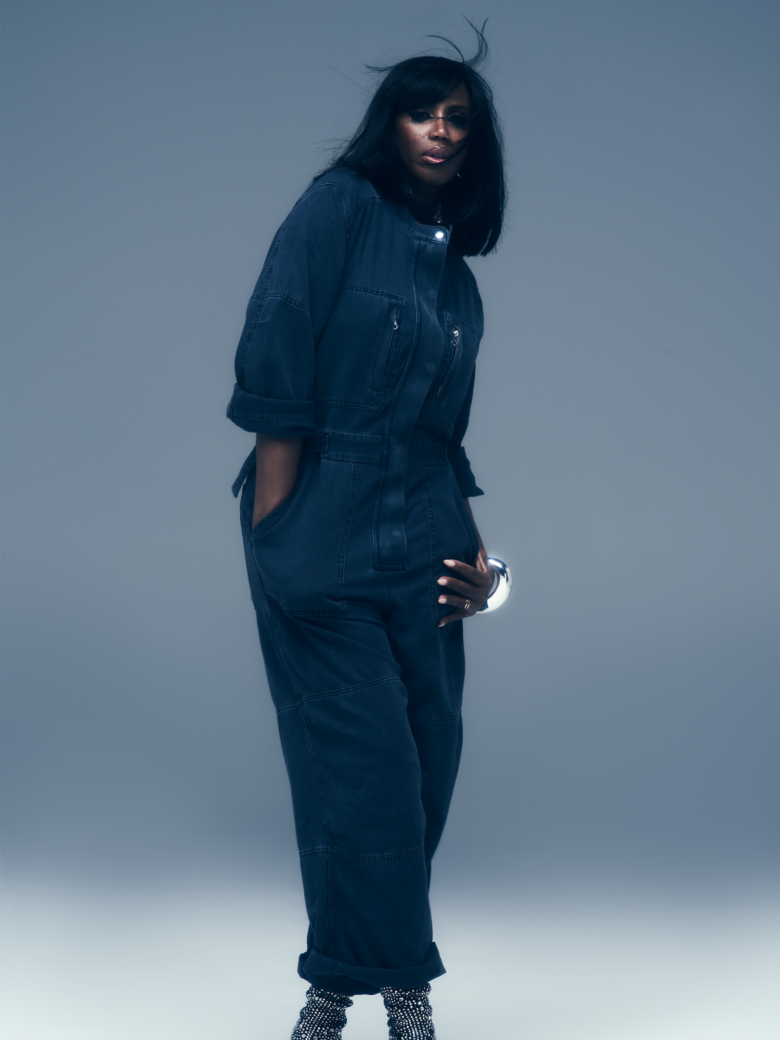The Golden Globes’ “British Invasion” doesn’t reflect the UK industry
Ah, the Golden Globes – the natural melting pot for micro-beef. Whether it was Beyoncé deciding not to give Joaquin Phoenix a standing ovation for his Best Actor win, the lack of female nominees for Best Director or Ricky Gervais’s unconventional hosting techniques (“this is the last time I’m hosting these awards, so I don’t care anymore”) the 2020 iteration of the events ceremony was certainly not lacking in tense moments.
Looking away from the drama and directing our gaze towards the prize lists, the night’s big hitter was Quentin Tarantino’s Once Upon a Time in Hollywood, which was awarded three prizes overall. Elsewhere, Renee Zellweger picked up Best Actor in a Film Drama for her turn as Judy Garland in Judy, Awkwafina became the first Asian-American woman to win Best Actress in a Musical or Comedy for The Farewell and Bong Joon-Ho’s Parasite (one of HUNGER’s top films of 2019) was awarded Best Foreign Language film.
One of the biggest takeaways from the event was the so-called “British Invasion” which saw UK actors like Olivia Coleman, Phoebe Waller-Bridge, Taron Egerton and Brian Cox scoop up prizes alongside the freshly knighted Sam Mendes, who won the Best Director award for 1917.
Strikingly, not a single person of colour was on the list of UK winners. Besides Elton John’s win (alongside writing partner Bernie Taupin) for Best Film Song, there was a marked lack of queer representation. Despite wins from Welshman Taron Egerton (playing an English character) and Scot Brian Cox, the list was also dominated by English (rather than Irish, Welsh or Scottish) actors and directors. In fact, a cursory viewing of most of the most widely fêted of these British releases — in particular Fleabag, 1917, Rocketman and The Crown — would suggest that the UK is exclusively white and confined to the South of England, which is far from the truth.
That this is the face of the UK celebrated by the US is telling. It might be controversial to suggest, but the award ceremony’s recognition of nostalgic dramas like royalist romp The Crown or war saga 1917 might even betray a sliver of “make Britain great again-like” mentality. Suffice to say, the Britain of yesteryear is considerably less liberal than the (still deeply flawed) UK of today. To celebrate the UK’s past and archaic institutions by way of period dramas is to glamourise a history of imperialism, racism, sexism and LGBT+ discrimination that no-one should be proud of.
The division between how we view ourselves in general advertising and media within the UK and how we are perceived through the entertainment that receives recognition across the pond is telling. If the Golden Globes are anything to go by, our national self-image, increasingly receptive to celebrating regional and cultural diversity, is at odds with a pale and stale international image harking back to bygone years.
Continuing to make inroads when it comes to regional representation and greater diversity amongst its casts and plot lines, UK entertainment is far from unidimensional. If the British screen industry is going to receive recognition, it should be celebrated for what it really is and not merely served up in a digestible package for US audiences.

